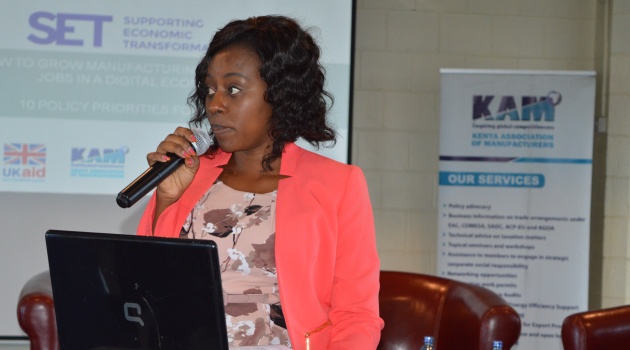
Ever desired something but the value is just way above your means? Well this could currently be our position in Kenya Not only is the government’s debt a huge indicator that we are living beyond our financial power but so is the current project to ease traffic in Nairobi.
The Sh9.6 billion Bus Rapid Transit project which is expected to discourage use of private vehicles largely blamed for causing congestion at peak hours has irked local manufactures after 64 buses were ordered from South Africa.
Manufacturers have taken issue with the government’s intended importation of vehicles meant for the Bus Rapid Transport (BRT) initiative in Nairobi, terming them more costly to the economy.

Institute of Transportation and Development Policy, which was involved in establishing BRT in Dar es Salaam and Johannesburg, however, estimates that decongesting the city centre with the system will cost Sh100 billion.
In October last year, a local manufacturer launched two prototypes of the high-capacity vehicles with a speed limit of 60 kilometres per hour and the ability to ferry up to 100 passengers at a time, signalling Kenya’s ability to deliver locally.

In October last year, a local manufacturer launched two prototypes of the high-capacity vehicles with a speed limit of 60 kilometres per hour and the ability to ferry up to 100 passengers at a time, signalling Kenya’s ability to deliver locally.
Kenya Association of Manufacturers (KAM) Chief executive officer Phyllis Wakiaga said since the local bus Completely Knocked Down (CKD) kits attract 0 per cent import duty and excise duty it means that the local buses would be more affordable than imported buses which would attract 25 per cent import duty and 30 per cent excise duty.
“As the largest procurement entity, the government, where possible, ought to direct its spending on locally manufactured goods with a view to supporting the Big Four agenda,” she said in a statement.

The lobby group says importation of BRT buses, bypassing local assemblers and bodybuilders hinders their ability to meet the country’s economic goals.
“If we are to realise the desired goals in the Big Four agenda, it has to be demonstrated through commitment to the 40 per cent local content procurement regulation, especially in critical infrastructural projects and decisions,” Wakiaga said.